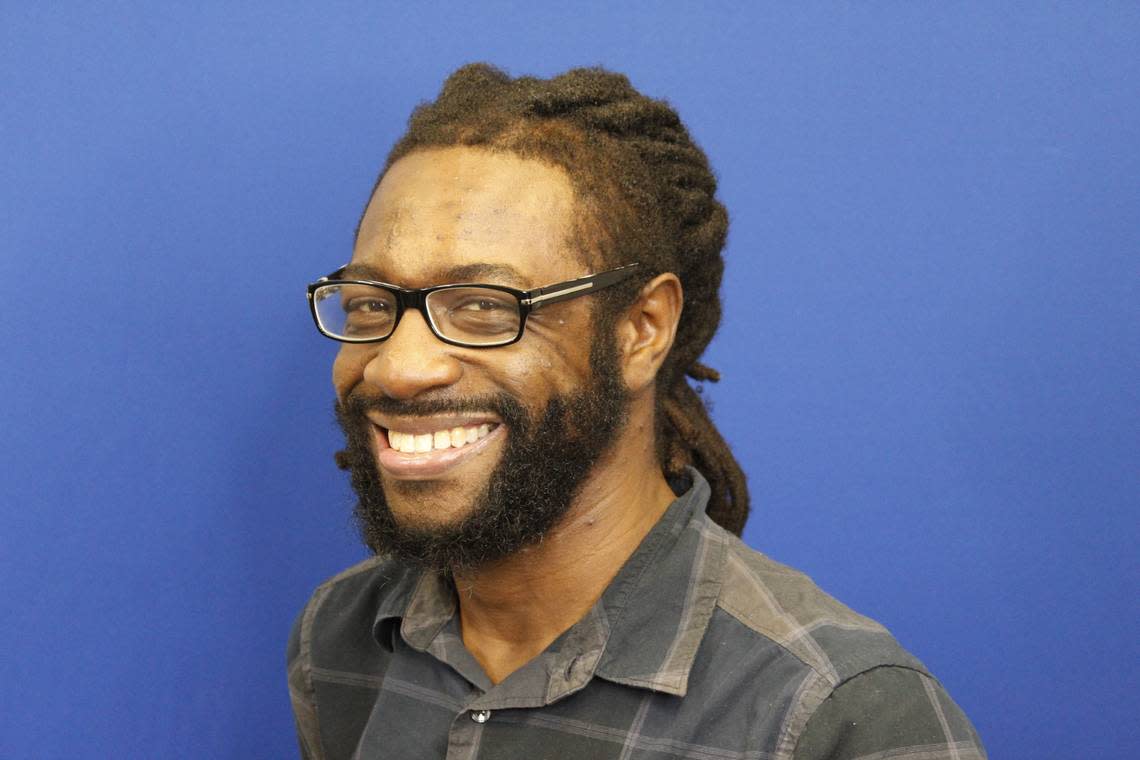Supreme Court ruling on affirmative action might open door for descendants of enslaved | Opinion
College and universities across the country are changing their admissions and scholarship criteria due to the recent Supreme Court ruling that ended race-based affirmative action. But I believe there lies a glimmer of hope, particularly for those for those who are American Descendants of Slavery (ADOS). In considering their connection to state-sanctioned chattel slavery, ADOS should receive positive consideration in college admissions. As part of that, they should not have to deal with the tuition burden of attending university.
In their lawsuit against the University of North Carolina and Harvard University, the nonprofit group, Students for Fair Admissions claimed that their admissions policies were discriminatory against Asians and called for an end to the consideration of race in the admissions process. The Court’s conservative judges made interesting points in the prevailing opinion. Commenting on how the use of race does not paint an accurate picture of lived experiences, Justice Gorsuch stated that: “Black or African American” covers everyone from a descendant of enslaved persons who grew up poor in the rural South, to a first-generation child of wealthy Nigerian immigrants, to a Black-identifying applicant with multiracial ancestry whose family lives in a typical American suburb.”
Earlier in the case, Justice Kavanaugh’s further challenged and complicated narratives about race when it comes to Blacks. Kavanaugh asked that if someone was a descendant of slaves, would that count as a non-racial consideration in admissions? The lawyer’s reply was very telling of our unwillingness to acknowledge the role race plays in our lives, but also of the country being quick to plunge its history of chattel slavery down the memory hole: he said that being a descendant of American chattel slavery would look like a proxy for race and thus be problematic.
Arguing that (ADOS) should receive positive consideration in higher education on their specific tie to slavery in this country is nothing new. Legal scholar Kevin Brown of Indiana University has written extensively on the changing face of Blacks benefiting from affirmative action over the years. He advocates for ADOS (whom he refers to as “Ascendant Blacks”) to receive preferable considerations in college admissions. He especially underscores the fact the affirmative action originally had ADOS in mind as the Black population, according to the 1960 Census, was virtually all ADOS. Our current racial nomenclature, as seen in many a college application with “Black/African American,” rarely makes a distinction between Blacks and treats the racial group as monocultural — bound to a single narrative.
These intra-racial distinctions matter when it comes to matters of reparative justice. Universities like Georgetown are coming to terms with their slave-holding past, as they used sales from the enslaved to keep the school open. The school is currently engaging in a reparative justice project aimed at supporting the descendants of the enslaved of the university sold off to Louisiana.
On a grander scale, the University of California system’s Native American Opportunity Plan (UCNAOP) provides a tuition-free undergraduate and graduate education for federally recognized First Nation’s peoples in the state is a model of higher education aiding in making an aggrieved group whole through the opportunities it will afford them. Why not the same for the Black Americans whose ancestors were the economic backbone of a burgeoning world superpower that became the envy of the world? Read Edward Baptist’s “The Half Has Never Been Told.” Your understanding of the centrality of chattel slavery to the American project will be ever so enriched by it.
Unfortunately, most Americans (non-Black Americans) tend to not support reparations for ADOS, likely due to subtle anti-black racism (specifically, having an aversion to ADOS culture). These folks find calls for remuneration and restoration for the descendants of those worked to death and bred like cattle risible and impractical.
Groups like Students for Fair Admissions have no real retort to Blacks who place their claim for justice on their lineage and connection to chattel slavery rather than merely race. For those who refuse to make the distinction between race and lineage, either for nefarious reasons or sheer ignorance, go back and consider Gorsuch’s comments. Phenotype is only scratching the surface. Lineage is the heart of any kind of reparative justice for ADOS in higher education … and beyond.

James E. Murray is a Ph.D. candidate in the Education Policy and Evaluation Department in the College of Education at the University of Kentucky and the son of Arkansas Delta parents.
